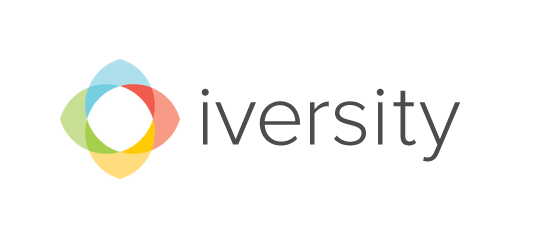

Who to you is a 'real German' (or anything else)?

Tell us: Who to you is a 'real German' (or Spaniard, Brit, Canadian, or anything else!)
In this chapter, you've been given a lot of food for thought on identity and belonging as it is understood on the personal and academic levels in Europe, Canada, and beyond. This is a topic that has likely hit home for many of you who may or may not be tied to particular borders, have questions or concerns about who belongs in your society, or may still be unsure about the whole thing. The 'Us' & 'Them' course community would love to hear from you:
Here are some guiding questions to draw from:
- What do you think the criteria should be for becoming a 'real' citizen or resident of your country?
- What makes you a 'real' anything? (German, American, Spaniard, Turk, etc.)?
- Do you see a cognitive vs. emotional dissonance in the way your society sees immigration, belonging, citizenship, etc.?
- How do you identify with the word 'multiculturalism'? Do you see yourself or your society as multicultural?
- Who is represented as nationals or residents of your country in public life?
- How do politicians and public figures in your society or country portray multiculturalism? As a good, bad, or normal thing? What about schools and museums?
- What type of language do you use to talk about the 'Other' or what kind of language do you prefer others use in reference to you? (e.g. migration background vs. migration history, 'Turkish-German' or 'German with Turkish roots', etc.)
Now what?
Click 'Start in Journal', and fill out the entry. How you do this is up to you: You can use just words, or add pictures or links to articles or videos to highlight your point!
Is this journal assignment required?
No! Nothing in our course is 'required', and there are no grades, but we encourage you to reflect on these topics and share if you feel comfortable, so that others in the course can benefit from your experiences.
The potential of multiculturalism
“Citizen” is a far too convoluted and politicized a word. It has within it a sense of permanency, and that in and of itself is an anomaly since no one lives forever, not even citizens of medically developed Europe. That reality aside in this world which offers individuals the opportunity of changing and acquiring citizenships, the word has become so diluted as to sound almost meaningless.
Resident on the other hand holds more value as a description – after all we are all residents of the earth as a whole all the time, and residents parts of the earth at other times.
So the question to me would be what qualities would lend someone the status of being a resident of that part of the earth?
“Real”ness would come from how effectively one participates, with or without the dominant language. While learning the dominant language will help any newbie to participate in the socio-political sphere, it should not be forced on the individual at gunpoint. Policies need to be formulated so that they encourage (not force) newbies to learn. This learning must be a two-way street without the onus in its entirety being placed on the newcomer. The onus of accepting and participating must be placed on the chicken and the egg (i.e the one who came first and the one who came later, or for the purpose of this course the citizen and immigrant).
It would then naturally follow that multiculturalism as a norm must be accepted if not embraced. To me the word does not resonate with the “us vs. them” underpinnings as does the word “citizen”. Multiculturalism is something that families, neighborhoods, schools and such institutions embrace or accept. In my own (Sri Lankan) context I find that multiculturalism is narrowed down to participation. A politician who participates in a religious ritual of a minority group is viewed as being multicultural. This is whittling down a word which has a great deal of potential in bridging gaps. A multicultural society is much more – it is a society where acceptance and participation need not always fuse into another, it is a society which has the maturity to draw the line between acceptance and participation, when need be and allow the two to fuse when need be. Respectful. Broadminded.

Hi Farwin, thanks for contributing this idea of two-way integration. I always wondered myself why local communities don't take it as a benefit to have the opportunity to learn new languages through newcomers. I wish, having grown up in the US, that I would have been had the opportunity to learn Spanish from a young age.